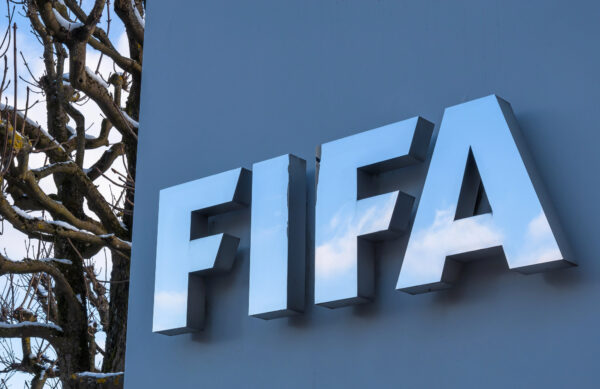FIFA, the world’s governing body for soccer, plans to launch a formal investigation into the internal operations of the Malaysian Football Association after seven players were suspended for allegedly using doctored naturalization documents.
In late September, the FIFA Disciplinary Committee handed 12-month suspensions to seven players – Gabriel Palmero, Facundo Garcés, Rodrigo Holgado, Imanol Machuca, João Figueiredo, Hector Heber and John Irazabal – after finding that false documents were used to represent Malaysia at international level. It also ordered the Football Association of Malaysia (FAM) to pay a fine of 350,000 Swiss francs (approximately $439,000).
The document was allegedly used as evidence of Malaysian descent in the grandparents of players who had not previously resided in Malaysia, and was then used to obtain Malaysian nationality. FIFA claimed that this violated Article 22 of the FIFA Disciplinary Code.
On June 10, just one day after FIFA approved the qualification of the four players, Malaysia defeated Vietnam 4-0 in the third round of the 2027 Asian Cup Qualification, with all seven players featuring. (The other three players were determined to be eligible on June 6). Immediately after the match, FIFA received complaints regarding the players’ eligibility, stating that the players’ “naturalization procedures and international debuts took place within a questionable period of time.”
FAM appealed the disciplinary committee’s decision, but the appeal was rejected by FIFA on November 3.
FIFA said in a statement on Tuesday that it would take the matter further and launch a formal investigation into FAM’s internal operations to determine exactly who was responsible.
“This investigation aims to identify those responsible for the falsification of documents, assess the adequacy and effectiveness of FAM’s internal compliance and governance mechanisms, and determine whether further disciplinary action against FAM personnel is warranted,” FIFA said, according to Reuters.
The naturalization scandal had a huge impact both on and off the field. In addition to derailing Malaysia’s hopes of competing in the Asian Cup for the first time and potentially causing violence among soccer fans, the controversy has also prompted calls from fans and politicians for an explanation from the heads of FAM, the Home Ministry and the National Registration Authority, which are responsible for granting citizenship to players.
On October 17, FAM suspended the general secretary and announced that an independent commission would be established to investigate the “technical error” that led to his suspension from FIFA. However, FIFA denies claims that the document was intentionally falsified. After the appeal was rejected on November 3, FAM announced it would take the case to the Court of Arbitration for Sport (CAS), and reiterated the same after FIFA’s announcement on Tuesday.
“This action is taken to ensure that justice is served and to maintain the integrity of the athlete qualification process as set out by the Malaysian government and relevant authorities,” FAM acting president Mohd Yusof Mahdi said in a statement. Malaysian Home Affairs Minister Nasution Ismail also defended the decision to naturalize the seven athletes.
According to ESPN, FIFA released a 63-page report on Tuesday in response to FAM’s request for a “motivated decision” needed to take the matter to CAS. The report details how the players allegedly used fake documents to prove their Malaysian heritage through their grandparents, whose original birth certificates showed they were born in Spain, Brazil, Argentina and the Netherlands. As reported by ESPN, the report included screenshots of conversations on WhatsApp when several players first shared copies of their grandparents’ birth certificates in question, which show they were not born in Malaysia.
Overall, FIFA found “compelling reasons to open further investigations” to ensure that the misconduct is fully investigated. He said the office would inform the competent criminal authorities in Malaysia, as well as the authorities in Brazil, Argentina, the Netherlands and Spain, “given the nature and gravity of the crime, particularly the falsification of official documents.”
“It is essential that information be provided to the relevant authorities so that appropriate criminal investigations and procedures can proceed,” FIFA said.


